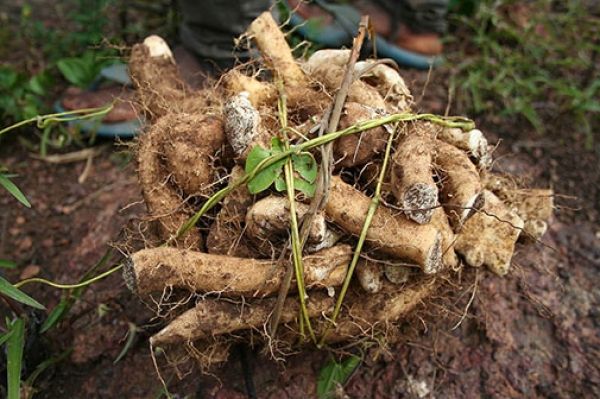An international team of scientists, led by researchers at the University of York, analysed the teeth and bones of ancient human remains found at the site in southern Brazil. The results reveal that the individuals, who lived around 4,800 years ago, were eating a diet rich in carbohydrates, suggesting that they may have cultivated plants like yams and sweet potatoes.
The area, known as the “Atlantic forest” of South America, was not previously viewed as part of the history of early food production on the continent.
Senior author of the study, Dr André Colonese from the Department of Archaeology at the University of York, said: “Our findings may place the Atlantic Forest ‘on the map’ of early plant cultivation in the Americas.
“The Atlantic Forest coast has been largely peripheral in this narrative despite its unique plant biodiversity and archaeological record of dense human occupation. “Our study challenges this traditional view. The high consumption of carbohydrate-rich food suggests that permanent populations subsisted on a mixed economy, and possibly cultivated plants along this narrow coastal strip.”
Continue reading at University of York
Image via University of York


